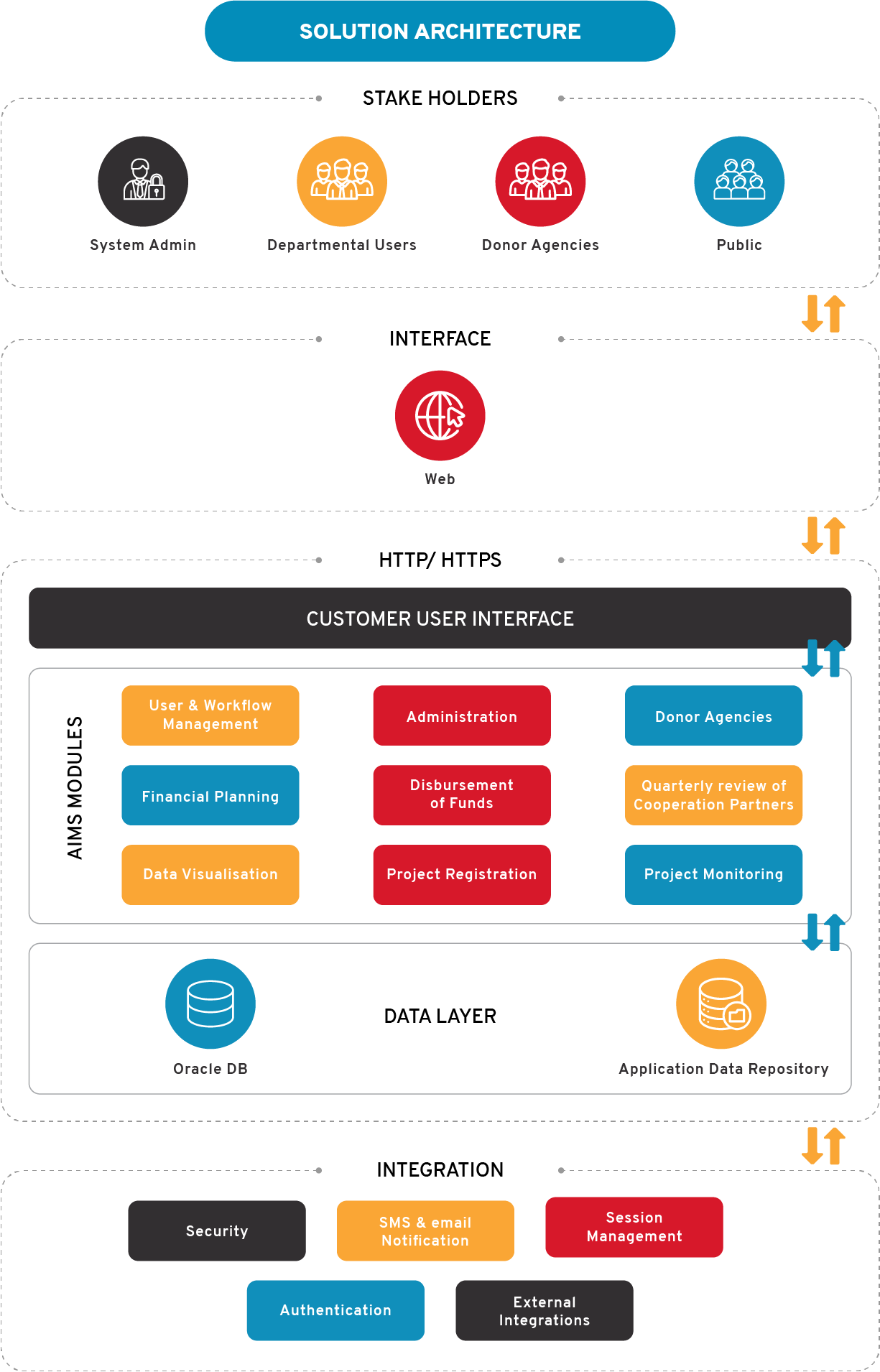Aids, such as financial assistance and resources, can help countries develop their economies, reduce poverty, and improve health and education. Aid can provide basic needs, invest in infrastructure, support human development, promote good governance, and address conflict. However, the effectiveness of aid depends on various factors, including the quality of the aid, the political environment, and the transparency in the recipient country. Official Development Assistance (ODA) is a government aid that promotes economic development and welfare in developing countries. ODA includes grants, loans, and technical assistance. It is the primary source of financing for development aid.
Challenges in Aid Management
Managing aids while maintaining transparency, ensuring delivery, and coordinating complex systems is complicated. It is also challenging for recipient countries to provide quality data and effectively report back to the donors. Designing Aid Information Management Systems (AIMS) is fraught with challenges like:
- Balancing compliance and efficiency when managing records
- Lack of unified best practices
- Coordination among humanitarian organizations
- Lack of a managing commitment
- Improper organizational structure for sharing knowledge
- Lack of a specified policy and planning
- Limited awareness of the time to archive or dispose of information
Additionally, aid is often vulnerable to fraud and corruption, undermining its effectiveness. These challenges become even more significant when considering the scale of global funding. In 2021, donor nations' Official Development Assistance (ODA) totaled USD 185.9 billion. AIMS come into play to address these challenges. AIMS are comprehensive software solutions that automate aid-related data management, analysis, and reporting.
USAID's Support and Mozambique's Aid Management System
The United States Agency for International Development (USAID) aims to support Mozambique in achieving inclusive socio-economic development. USAID focuses on strengthening democratic governance, effective and transparent government institutions, and civil society participation in governance processes. Mozambique heavily depends on aid, and 19 donors have organized themselves to provide direct budget support. The Mozambican government is also reforming its cooperation policy and architecture to be more inclusive. To manage aid effectively, the Government of Mozambique developed ODAmoz, the country's first Aid Management Information System software, in partnership with ODAdata.
Benefits:
The revised aid management system brings a multitude of benefits:
- Ensures transparency and accountability of stakeholders
- Facilitates efficient resource allocation
- Supports data-backed decision-making
- Reduces duplication and overlap
- Enables monitoring and evaluation
- Leverages efficient risk management
- Supports long-term development planning
The future of AIMS lies in the advancement of data analytics and Artificial Intelligence (AI). AI algorithms can analyze and interpret aid data, uncover insights, and make predictions based on the growing volume of aid data. This data-driven approach allows stakeholders to make better resource allocation decisions. Furthermore, AI-powered chatbots and virtual assistants can automate routine tasks, freeing up valuable human resources.

















